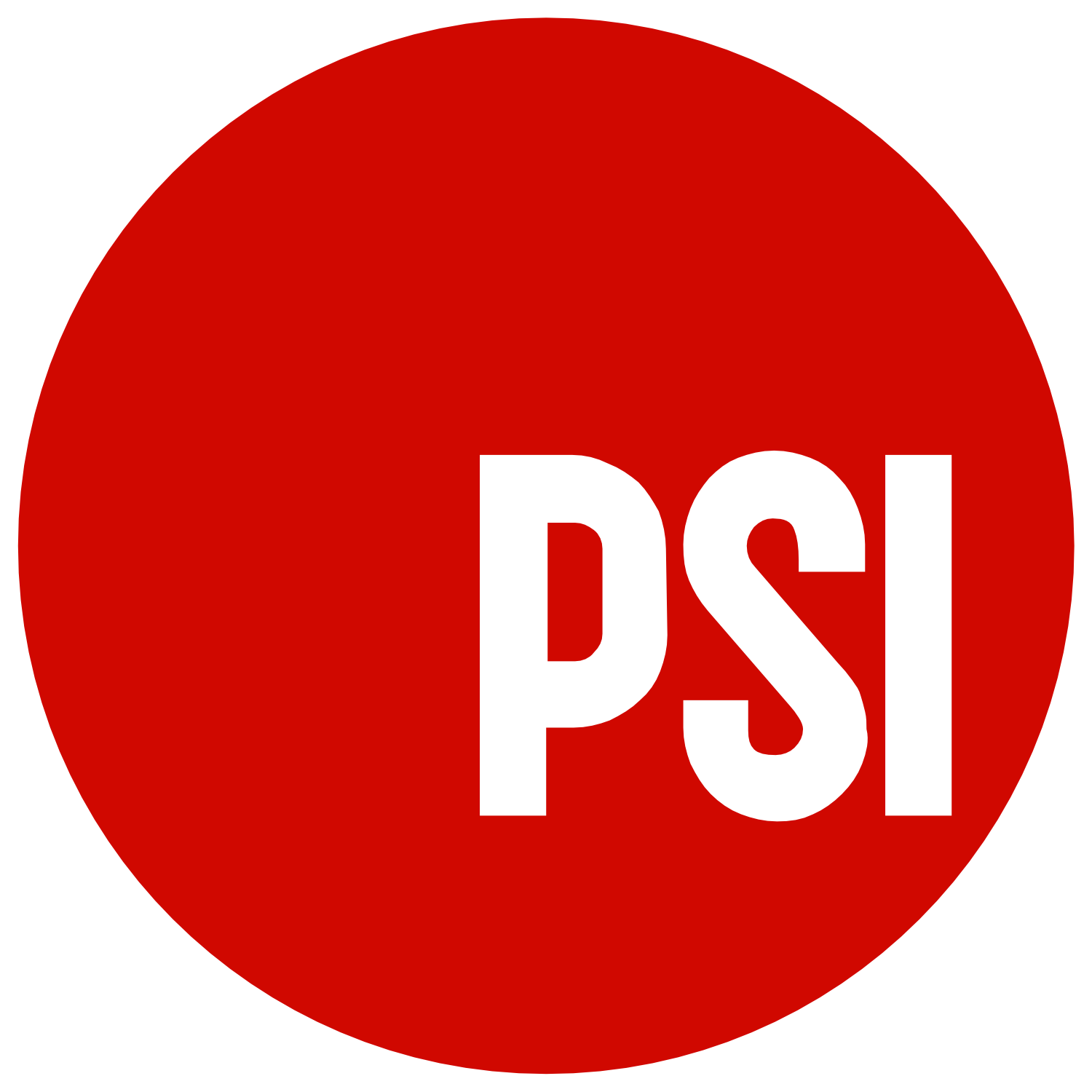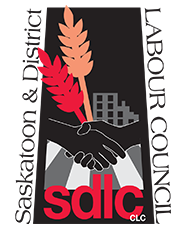
Itemized implementation of the 2016-2022
for the PS/GE Collective Agreement
- Memorandum of Agreement – Signed August 29, 2019
- Memorandum of Agreement Ratified – November 8, 2019
- Collective Agreement - Signed January 8, 2020
- Implementation of changed language effective February 1, 2020 (except economic wage increases and pension adjustment – effective on date specified such as meal allowances are not retroactive)
- Retroactive pay will be run on January 25th and paid on February 7, 2020
- includes all hours of work including overtime
- TAHD/Term during this time frame will be re-calculated
- If on WCB and still an employee, your salary and payments will be recalculated.
- Only employees on date of signing (January 8, 2020) will be eligible for retro-pay.
- includes employees who were in-scope during the dates specified and went out of scope.
- Retirees/resignation people are not eligible for retro-pay if they were not employees on date of signing (January 8, 2020)
- Pension Contribution Increases*
Employees in the Public Employees’ Pension Plan (PEPP) – Current Contribution Rate of 7.6%
-
- Employee and Employer contributions to the Public Employees Pension Plan will increase to 8.6% for employees that currently have contribution rates of 7.6%. This rate increase will be implemented January 19, 2020. (see next page regarding deferring to pension or RRSP)
- The Employer contribution rate will be increased temporarily by an additional 1% to 9.6% for the period of January 19, 2020 to April 25, 2020 (7 pay periods). This is to make up Employer pension contributions for the period of October 13, 2019 to January 18, 2020.
- Effective April 26, 2020 the Employer pension rate will be changed back to the regular rate of 8.6%.
Employees in the Public Service Superannuation Plan (PSSP) – Current Contribution Rate of 2.6%
-
- For employees in the Public Service Superannuation Plan the employee and employer contributions to the Public Employees’ Pension Plan will increase to 3.6%. This rate increase will be implemented January 19, 2020.
- The Employer contribution rate will be increased temporarily by an additional 1% to 4.6% for the period of January 19, 2020 to April 25, 2020 (7 pay periods). This is to make up Employer pension contributions for the period of October 13, 2019 to January 18, 2020.
- Effective April 26, 2020 the Employer pension rate will be changed back to the regular rate of 3.6%.
*Note: This pension increase does not apply to employees that work in Correctional or Young Offender Institutions as they already are contributing to PEPP at the maximum contribution rate of 9% employee and 9% employer.
- If you have questions regarding your LTD, contact LTD at 306-775-7204
Monetary:
October 16, 2016 - 0% economic wage increase
October 1, 2017 - 0% economic wage increase
October 14, 2018 - 1% economic wage increase
October 13, 2019 - 1.3% economic wage increase + 1% matched pension increase
October 11, 2020 - 2% economic wage increase
October 10, 2021 - 2% economic wage increase
Q: Can I roll my back pay, resulting from the negotiated increases, into an RRSP (and not have tax taken from the payment)?
A: No, employees cannot request to have no tax taken from this payment by rolling it into an RRSP, regardless of whether they have sufficient personal RRSP room. The negotiated back pay is regular earnings and will be taxed accordingly when paid. This is consistent with the tax taken in other back pay scenarios, such as a retroactive salary increment. The ability to roll pay into an RRSP is limited to special payments such as retiring allowances, severance or grievance payments.
Q: Can I complete a Canada Revenue Agency (CRA) Reduction of Tax At Source - T1213 Form to roll my back pay resulting from the negotiated increases into an RRSP?
A: This process is not used to roll payments into an RRSP or to reduce all tax on a specific payment.
If an individual has personal circumstances that may qualify for a tax reduction at source, such as ongoing contributions to an RRSP, child care expenses or support payments (or others as listed on the T1213 form), the individual may request approval to reduce tax from Canada Revenue Agency. This is done by completing a T1213 form or submitting a request in writing with supporting documentation to a tax services office. If approved by the CRA, a “Letter of Authority” will be issued to the employee for the calendar year that it applies to. A copy of the “Letter of Authority” must be provided to the HR Service Centre and updates will be made to adjust tax starting the pay period after it is received. Approvals can take weeks to process.
By applying and being approved for the tax reduction at source, it means that CRA is providing approval to an individual to have their employer reduce the tax deductions taken throughout the calendar year in recognition of their tax credits for that year. When the individual files their personal income tax (T1) return this can have a significant impact on any refund that they may have received, as they would have already received the credit throughout the year. Copy of the CRA T1213 Form and the CRA link to more information about Letter of Authority.
PSGE Collective Bargaining Agreement, 2016 - 2022
Be sure to check the SGEU website and SGEU Facebook page for updates.
Simply call one of our offices, update your email address and we'll send you updates and news by email.





